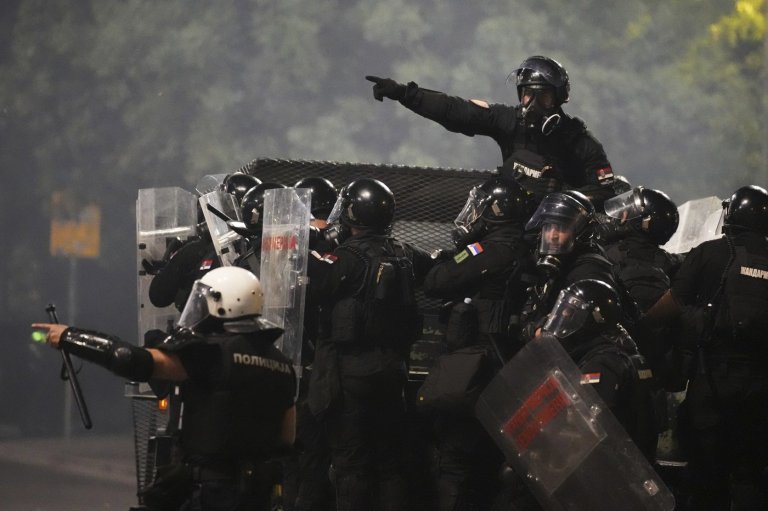Brazil’s foreign minister resigns after diplomatic strain with neighbouring Bolivia
RIO DE JANEIRO – Brazil’s president named a new foreign minister Monday night following an embarrassing diplomatic manoeuvr involving neighbouring Bolivia.
The resignation of Foreign Minister Antonio Patriota was announced in a terse, two-paragraph statement from the office of President Dilma Rousseff.
The statement named Luiz Alberto Figueiredo, a career diplomat and most recently Brazil’s head of mission at the United Nations, as the new foreign minister. He served only two months as the head of Brazil’s U.N. delegation.
A Rousseff spokeswoman said Patriota, a former ambassador to the U.S., would now take the top spot at the U.N.
The shake-up at Brazil’s foreign ministry came one day after Bolivian Sen. Roger Pinto was spirited into Brazil after spending 452 days in the Brazilian Embassy in Bolivia’s capital of La Paz.
Pinto, a member of Bolivia’s small right-wing opposition bloc in congress, accuses President Evo Morales’ government of corruption, though he has provided no evidence. He said he sought asylum in Brazil’s embassy after he and his family received death threats.
Bolivia’s government says Pinto’s exile is an opposition smear campaign against Morales. It accuses Pinto of corruption and wants him on criminal charges including economic damage to the state from when he was governor of the northern state of Pando, which borders Brazil.
Despite winning asylum from Brazil in 2012, Pinto wasn’t allowed to travel to that nation until the Bolivian government agreed with Brazil’s action. Brazil’s Foreign Ministry said when it granted Pinto’s asylum that it must follow that rule under a 1954 convention on diplomatic asylum.
As long as the Bolivian government refused to agree with Brazil’s granting of asylum, Pinto could either stay in the Brazilian Embassy in La Paz for as long as he wished, or give up his asylum request.
But in recent weeks, Brazilian diplomats stationed in La Paz became concerned about Pinto’s health. Diplomat Eduardo Saboia, who was stationed at the embassy in La Paz, said he made the decision to smuggle Pinto into Brazil on Sunday because he thought the lawmaker was in mortal danger.
Speaking to Globo News on Monday, Saboia called Pinto a “politically persecuted person” and said he acted to save the senator’s life because his health was deteriorating.
The issue strained relations between Brazil and Bolivia, and the Brazilian Foreign Ministry said earlier Monday that it was investigating the action.
Figueiredo, 58, served as Brazil’s undersecretary for environment, energy, science and technology at the foreign ministry before taking over Brazil’s U.N. mission. He led Brazil’s negotiators at the environmental summit in Rio de Janeiro in 2012, which saw 100 heads of states meet for talks that produced a weak ending statement but didn’t completely fail as several such meetings have in recent years.
___
Bradley Brooks on Twitter: twitter.com/bradleybrooks
Join the Conversation!
Want to share your thoughts, add context, or connect with others in your community? Create a free account to comment on stories, ask questions, and join meaningful discussions on our new site.


















Leave a Reply
You must be logged in to post a comment.